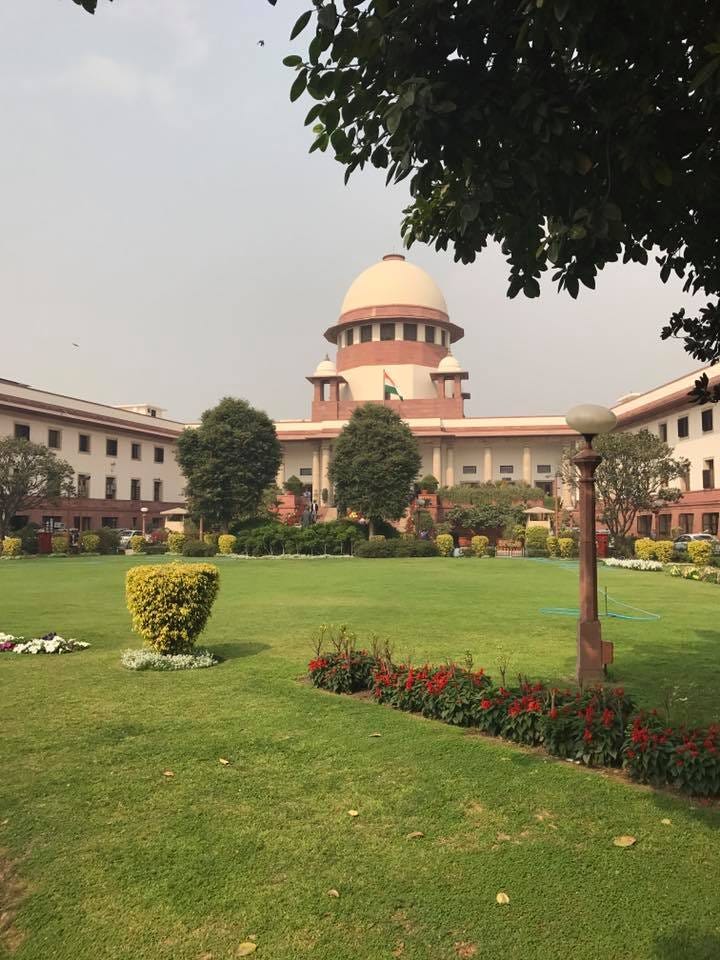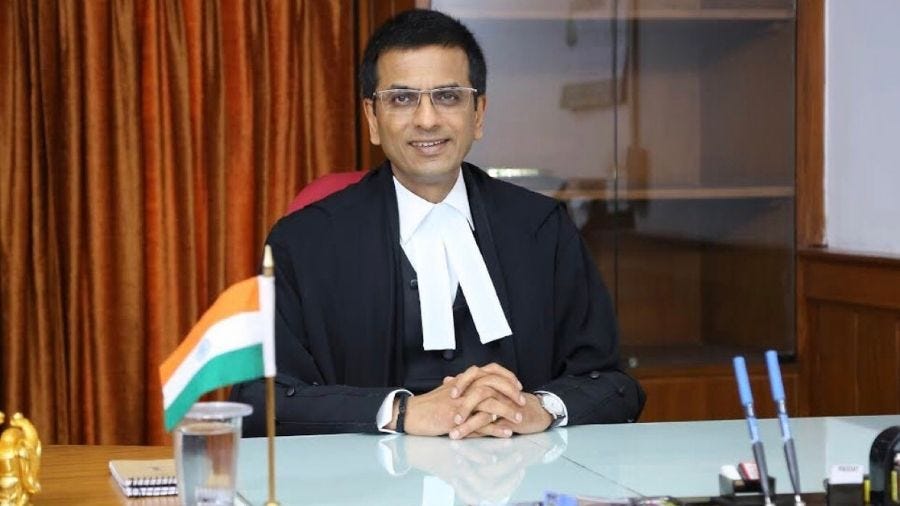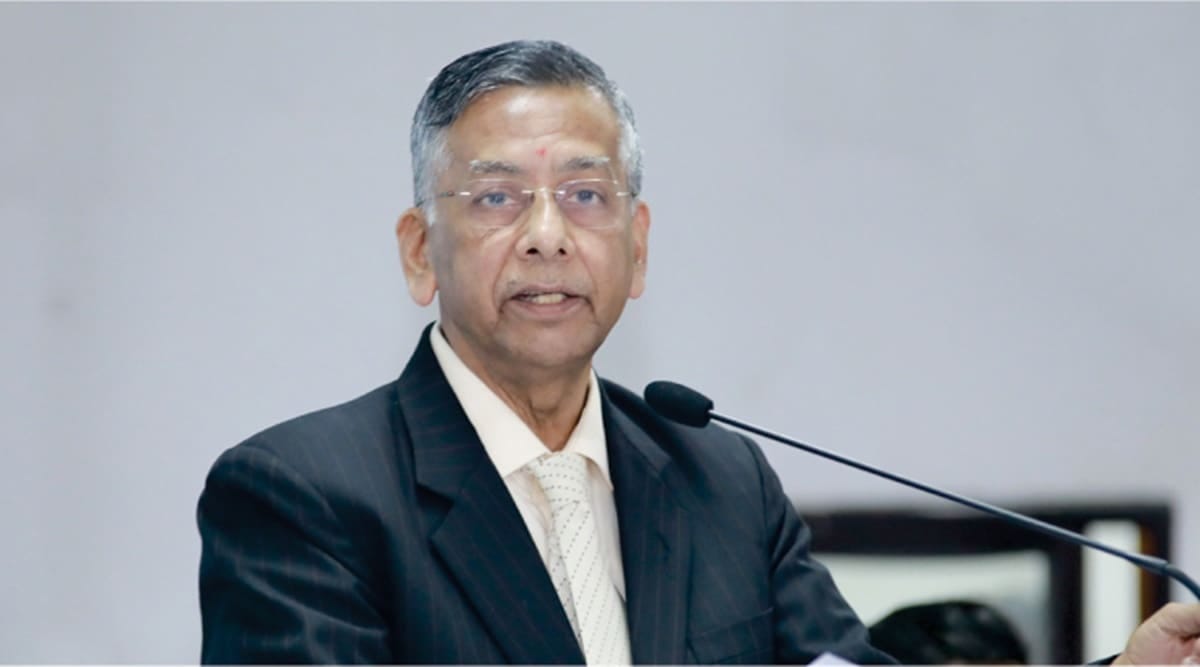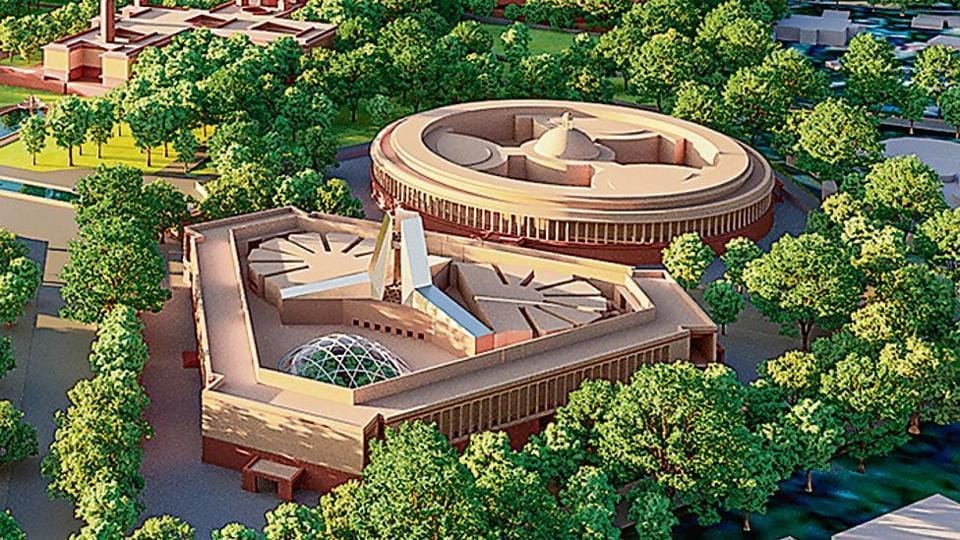Electoral Bonds: Is the Attorney General's Supreme Court Submission a Harbinger of the Centre's Stance?
From 31st October 2023, a 5-Judge Constitutional Bench Led by the Chief Justice DY Chandrachud commences hearing of the Contentious 'Electoral Bond Scheme'.
Introduction: A Point of Inflexion in Constitutional Law
The "Electoral Bonds Scheme," a subject of intense debate and contention in Indian political circles, is finally set for judicial scrutiny. Beginning on 31st October 2023, a 5-Judge Constitutional Bench led by Chief Justice DY Chandrachud will commence hearings on a bunch of petitions challenging the scheme's constitutional validity. This pivotal hearing has captivated public attention, given its potential to fundamentally reshape the landscape of political funding in India.
The Delicate Balancing Act of Constitutional Authorities
The focus of this article is not to explore the merits or drawbacks of the scheme, topics we've previously covered in detail1. Rather, our primary aim is to illuminate the Attorney General's submissions to the Supreme Court on the eve of this critical hearing and to underscore the profound implications that the case's outcome could have on India's democratic governance. It's crucial to highlight a subtle yet pivotal facet of this case: when the Supreme Court solicits the Attorney General, a constitutional authority, for his views, the expectation is that these insights will be impartial, owing allegiance solely to the Constitution of India. Yet, the intricacies of reality suggest a more nuanced scenario. The Solicitor General, formally representing the Union of India, is anticipated to vigorously defend the electoral bonds scheme, a stance that will probably echo the Attorney General's perspective. Conversely, a battery of seasoned senior advocates representing the petitioners will leave no stone unturned to persuade the Apex Court that the scheme is fundamentally unconstitutional.
The Attorney General's Constitutional Contour: "No Fundamental Right to Know"
Attorney General R. Venkataramani was unequivocal in asserting that the Constitution "has not conferred citizens with a fundamental right to know the source of these funds." He also cautioned the Supreme Court not to "enter into the policy domain for regulating electoral bonds." These remarks foreground the AG's stance that the Court must exercise restraint when it comes to matters of policy, especially electoral funding.
Limits of Judicial Review: "Not About Scanning State Policies"
Venkataramani stressed that "Judicial review is not about scanning state policies for the purposes of suggesting better or different prescriptions." He cited the Supreme Court's landmark judgement in the People's Union for Civil Liberties case in 2003, which mandated candidates to declare their criminal antecedents. According to him, the right to such knowledge "is neither comparable to the case on hand nor can there be a general right to know anything and everything for undefined ends."
Confidentiality and Tax Compliance: "Does Not Fall Foul of Any Existing Right"
The AG pointed out that the Electoral Bond Scheme "extends the benefit of confidentiality to the contributor," offering advantages like "clean money being contributed" and compliance with "tax obligations." Thus, he maintained that the scheme "does not fall foul of any existing right."
Court's Role and Penumbral Rights: "Deserves Parliamentary Debates"
In discussing enumerated constitutional rights, Venkataramani said the Supreme Court "will also be alive to the need for stating relevant restrictions on the exercise of such penumbral aspects." He argued that given the scheme's impact on "the organisation of political parties and the right under Article 19(1)(c)," the matter "deserves parliamentary debates" rather than judicial imposition.
Separation of Powers: "Not the Case for Court-Driven Guidelines"
The Attorney General opined that "even when the court proceeds to declare an aspect as part of a right for the first time, it will be in tune with separation of powers that the subject of reviewing or testing a law with the newly stated aspect of a right be relegated to public and parliamentary debates." He suggested that the Court should refrain from providing guidelines, especially when there is "no clear constitutionally offending law."
Democratic Significance and Governance: "A Fit Subject for Political Debate"
Finally, Venkataramani acknowledged that contributions to political parties have "democratic significance" and are "a fit subject for political debate and demand of governance accountability free from influences." This, he advised, does not mean the Court should intervene unless there's a clear violation of constitutional principles.
The Attorney General's comments provide a detailed road map of the legal boundaries and policy considerations that the Supreme Court may need to consider in its upcoming judgement. They underline a call for judicial restraint and deference to legislative wisdom, particularly on matters that intersect with complex policy domains like political funding.
Conclusion: Constitutional Nuances and Future Directions—An Eye Towards Lok Sabha 2024
As the 5-Judge Constitutional Bench gears up to tackle this contentious issue, the Court is faced with a delicate balancing act. It must carefully navigate between constitutional parameters and democratic necessities, all while honouring the roles and limitations imposed on various constitutional authorities. Indeed, as the ultimate custodian of the Constitution, the Supreme Court cannot permit any scheme that would allow foreign interference, either directly or indirectly, to pollute the purity of the electoral process, a lynchpin undeniably constituting a "basic feature" of the Constitution. The right of voters and citizens to be adequately informed cannot be cavalierly dismissed.
Beyond its immediate legal ramifications, the Supreme Court's judgement is eagerly anticipated for its potential influence on the upcoming Lok Sabha elections in 2024. The ruling is set to have widespread repercussions on the extent of "white money" funding, affecting not just the mechanics of political finance but also shaping public dialogue both within and beyond the arena of campaigning and electioneering. Intriguingly, major opposition parties, who are also beneficiaries of the scheme, have chosen to maintain a conspicuous silence on the issue. The formal position of the Election Commission of India in this matter will also be keenly observed.
The hearings beginning on 31st October 2023, therefore, promise to be not just an examination of the electoral bonds scheme but also an important test case for India's constitutional machinery and the intricate relationships between its organs. The eventual ruling will undoubtedly serve as a precedent, affecting the very fabric of India's democratic institutions and the ethics of political funding. Let’s wait and see.
Electoral Bonds— Supreme Court hearing begins on 31st October
Electoral Bonds Scheme: Supreme Court to commence hearing from 31st October The Supreme Court has scheduled the commencement of hearings for the various petitions challenging India's "Electoral Bonds Scheme" on October 31, with expectat…









